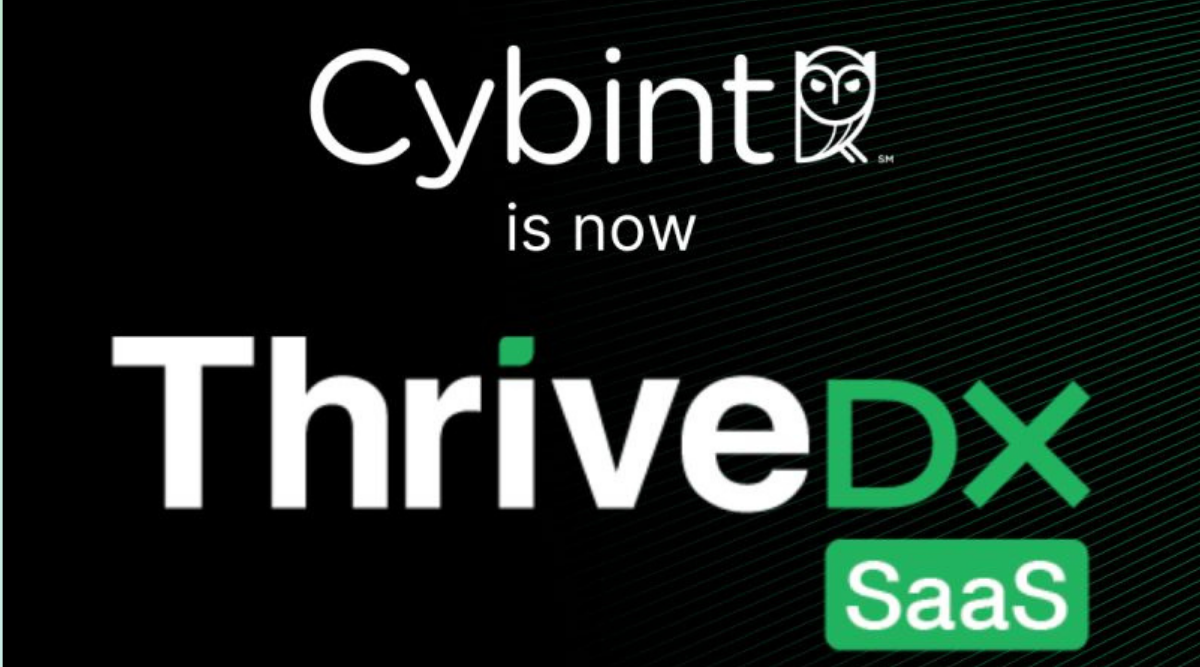Cybersecurity is one of the most integral aspects of business in today’s world. Companies have finally started to invest in cyber defense and training. However, despite all of the focus on making businesses cyber secure, there are various misconceptions and myths about cybersecurity that should be avoided.
Here are 10 cybersecurity myths you need to stop believing right now:
1. Your business is too small for a cyber attack
This is one of the most prevalent cybersecurity myths that need to be debunked right this instant. Most Small and Mid-Sized Businesses (SMBs) think that they are safe from any kind of digital threats because they’re off the radar.
That’s certainly not the case. Hackers don’t care about the scale of your organization to target it. Of course, there are some who’d prefer to hack the Bank of America, but most hackers would settle for smaller businesses. Especially when the SMBs think that they are safe and don’t invest in better a security system, they get hit. 58% of data breach targets are small businesses, says this report.
Always be cautious. Doesn’t matter if you have 10 employees or 10,000, your business is at risk of getting hit by a cyber attack.
2. Anti-virus/Anti-malware is good enough
No anti-virus or anti-malware can keep your system safe from all types of cyber attacks. These softwares rely on a large database that has information about all the malware/viruses out there.
However, if the hackers use a new kind of malware to infect your network or PC then there’s a high chance that these anti-virus software won’t be able to detect those. So, don’t solely rely on such software. They are only the first line of defense for your system and you should always have multiple defending options available.
3. Our passwords are strong
Most people think that their regular passwords are strong enough to stand against multiple break-in attempts. However, that’s a wrong mentality right there. No password can be 100% secure, no matter how many numbers and special characters you use in your passwords, there’s always a possibility that they can be cracked or leaked in some way.
This is why it’s very important to keep changing your passwords on a regular basis. It could be weekly, bi-weekly, or monthly, but you need to regularly change your passwords, and have your employees change theirs.
4. Our industry doesn’t have any cyber threats
Wrong! Every industry is at risk. If you are connected to the internet in one way or another then you are at risk of getting digitally attacked. Movies and TV will have you believe that only tech or finance industries are prone to cyber attacks, but that’s not entirely true.
Hackers target whatever they can, whenever they can. Even if you don’t have an e-commerce website, there’s still the risk of someone breaking into your organization’s network and wreaking havoc.

5. Bringing your own device is safe
Well, it’s definitely a cost-effective system to have your employees bring in and connect their personal devices to your organization’s network, but it also comes with a plethora of risks. Most employees have a bunch of personal devices ranging from a PC to their smartphone and when they connect to your network, it also becomes a whole new entry point for hackers.
It only takes one weak link to bring cripple and bring down the entire network. So, make sure that all users adhere to your cybersecurity policies before they can use their personal devices.
6. Our cybersecurity system is PERFECT
No one is perfect!
You can never be too sure about your cybersecurity ever. Technology is advancing with each passing hour. The unending evolution of technology also means that there are new threats emerging each day. So, your cybersecurity system that was top-notch back in the day, could be entirely obsolete in the future. For this reason, you need to constantly adapt newer cybersecurity policies and practices to avoid any mishaps.
7. Threats are only external
Most people will tell you that cybersecurity threats come from the outside. Some hackers sitting in a dark basement trying to hack into your organization’s network. But, they can not be any more wrong.
Most of the cyber attacks, nearly 75% of data breaches are a result of someone on the inside, says research. A disgruntled employee, an ex-employee with a grudge, or just an ignorant user on your network can grant access to your entire organization’s data resulting in a massive data breach. It’s always a good idea to train your employees and teach them about cyber threats.

8. IT department will take care of it
Well, normally it’s the IT departments job to implement and review policies, but they can not take care of everything. The responsibility lies on each employees shoulder when it comes to cybersecurity. If the employees aren’t properly trained then they will end up downloading malware through emails or unsafe websites.
There should be easy-to-understand training and clear policies regarding cyber safety. If your employees aren’t trained, they could unintentionally open up your organization to potential threats.
9. We don’t need tests or training
This could be the most dangerous and fatal myth out there. Some people think that watching a couple of YouTube videos or reading a few cybersecurity-related articles will bring them up to speed with all the risks and counter-measures. They often forego any testing or training which could prove to be fatal for the company.
You need to regularly conduct pentests (Penetration tests) and assessments to find any vulnerabilities, and fix them in time.
10. We will see the virus right away
This would’ve been true almost a decade ago when viruses would slow down your computer, load pop-ups, and what not. However, today malware has become very stealthy. Most sophisticated viruses sit on your computer, avoiding any detection. These viruses can do massive damage which could be data leaks, sensitive information leaks, etc. Carry out regular checks to find any infections on your systems right away.
Finally
You need to stop believing these cybersecurity myths and up your cyber defenses. Otherwise, you are always at the risk of being attacked in the digital realm.





